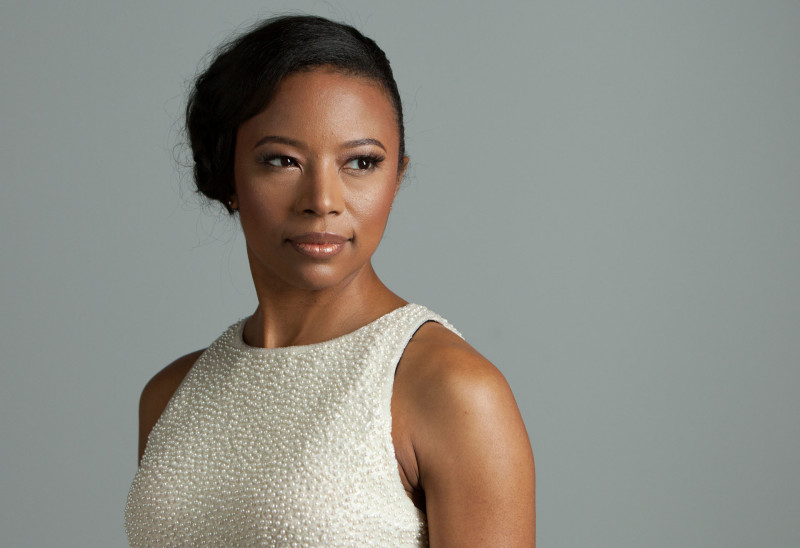Square foot for square foot, no venue in San Francisco has made a bigger impact over the past 15 years than the Red Poppy Art House. A storefront Mission District performance space and studio run on a shoestring budget, the venue has nurtured a fascinating array of hybrid artists, such as the Carnatic jazz of VidyA and the Ethio-soul of Meklit. Two recent albums by artists associated with the Red Poppy make it clear that the club hasn’t lost its mojo.
For her first album, Tiffany Austin relies on a time-tested strategy that alto sax great Jackie McLean once described as “new wine in old bottles.” A graduate of the UC Berkeley School of Law, she’s spent the past few years paying dues on the Bay Area jazz scene, singing with established bandleaders like bassist Marcus Shelby, trombonist Adam Theis and saxophonist Howard Wiley.
Her new album, "Nothing But Soul," came out of a 2013 SFJAZZ Hotplate concert exploring the songs of Hoagy Carmichael. She and Wiley came up with unfussy arrangements that refashioned some of Carmichael’s best-loved songs to fit the luxuriant contours of her voice.
She kicks off the album with a casually swinging version of “Stardust,” set to a lilting two-beat feel that doesn’t dilute the enduring power of Carmichael’s soaring melody. Her fleet and almost frantic take on “Baltimore Oriole” captures the bleak vision of abandonment behind the cutesy avian lyrics. The album’s most unexpected track is her barrelhouse sprint through Johnny Cash’s “I Walk the Line,” a tune that Carmichael evidentially covered in 1956.

